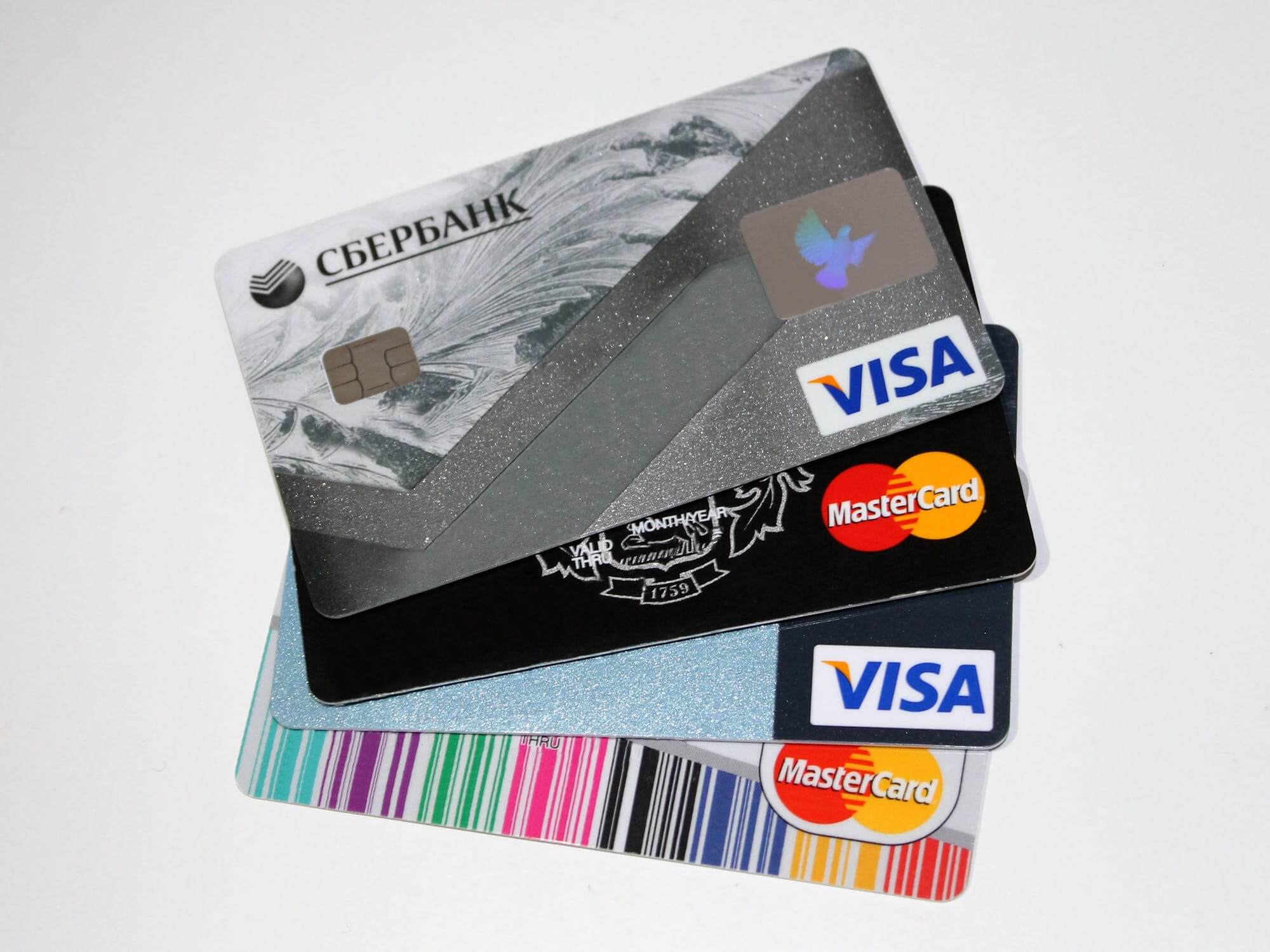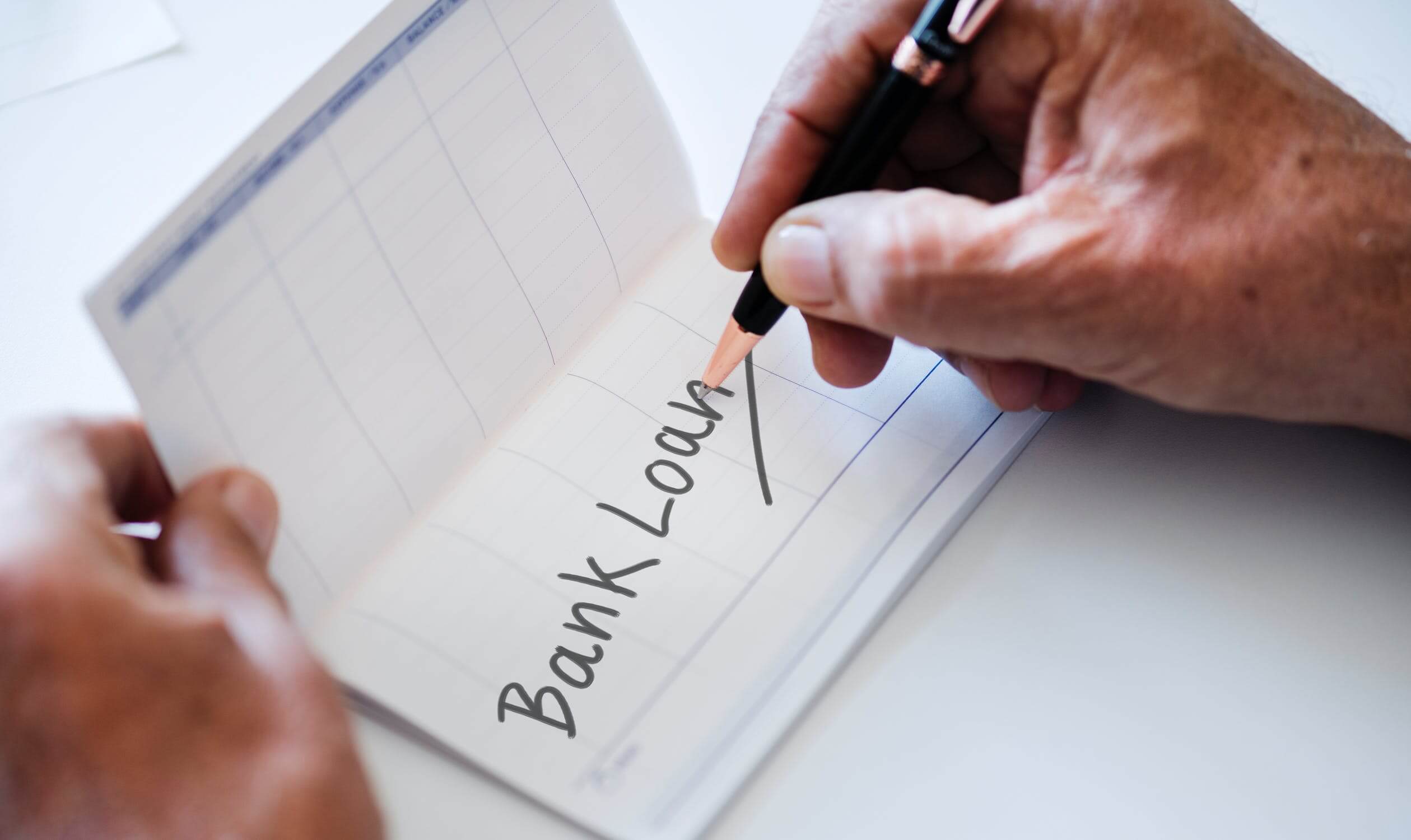How Can I Improve my Credit Rating for a Mortgage?
Having a good credit rating, also known as a ‘credit score,’ is crucial to be able to gain access to all lines of credit including loans, mortgages and even to be accepted for a credit card application. Without a good credit score, you will find there is a far higher chance that you will be turned down for loans, and if accepted, you will likely face having to pay higher interest rates on the mortgage you then take out.
Luckily, your credit rating does not remain stagnant, and there are a number of possible ways in which you can help to improve it. In this guide, we have put together the best tips to help to improve your credit rating so that you have the best possible chance of being accepted for a loan or credit card in the future.
Credit Ratings Explained
Before addressing your credit rating, it is important to know what is included in and affected by a credit rating. In short, it collectively refers to your financial information held on your credit report. Lenders will obtain this report through one of the three main credit reference agencies in order to determine your eligibility, the main credit reference agencies are:
- Equifax
- Experian
- Callcredit
The exact score you have will differ from agency to agency, as they all use slightly different criteria to determine your overall rating, as well as alternate methods to calculate it altogether. It isn’t just credit cards and loans that are subject to credit score approval, it can also be used to check eligibility for things such as insurance, mortgages (including different types of second mortgages) and even everyday mobile phone contracts

What is in My Credit Report?
A wide range of financial details and information is found within one’s credit report. The following information will be available on your credit report, and it is these details that you will be considered for eligibility across all qualifying financial products on:
● Your full name
● Date of birth
● Current address
● Previous addresses that you have lived at
● Any outstanding account overdrafts that you have
● Outstanding debt you may have
● If you have any missed repayments on your file, as well as how many times they have been missed
● Complete repayment record
● Accounts that you have closed in the last six years
● Any CCJs you have on file
● Joint bank accounts or mortgages
● Bankruptcy
● Existing credit card or loan accounts that you have
How Can I Improve my Credit Score?
Once you have understood what is contained in a credit score and what it all means for you and your applications for credit, it is useful to have an understanding of the various ways in which you can seek to improve your rating, therefore improving your chances and eligibility for credit, loans, mortgages and similar.
Pay off all Your Debts – When deciding whether or not to approve you for a loan, lenders will be looking at your credit report to see how well you have been able to manage any existing debt you have. Consequently, you should make it a priority before making any application for credit to pay off all your debts, or at least ensure that you are paying more than the minimum amount on cards, if you are in a financial position to do so. Paying off debts will also put you in a better position when purchasing a property as it will get you in the habit of paying off what you owe as soon as you can.
Get on the Electoral Register – One of the easiest ways to quickly improve your credit rating is to get on the electoral register if you are currently not so. When lenders are going through their decision process, to approve or decline your application, one of the first things they will consider is if you can be found on the electoral register.
If you are not on it, this dramatically reduces your chances of getting approved for a loan or a credit card, as it is far more difficult to verify your identity and address history. Signing up can be done on the GOV.UK website in a matter of minutes.
Spread Out Your Credit Applications – Don’t be tempted to make multiple credit card, loan or mortgage applications all at once in the hope of improving your chances of being accepted. Each application will appear on your credit search footprint and too many applications made within a small period of time can signal alarm bells for lenders, who may be concerned that you are desperate to get access to finance.
A fundamental problem with this is that it is usually an indication that you are both desperate and will find it difficult to make prompt repayments in the future.
Dissociate from Financial Partners with Bad Credit – Unfortunately, if you have a joint bank account, mortgage or other credit line with someone who has a bad credit rating, this can also negatively impact yours. This applies to anyone, be it a friend, partner or spouse. As a result, you should take precautions to ensure that you are not financially linked to a partner with bad credit. Contact credit reference agencies in order to find out more about doing so if you believe this may be applicable to you.

Should I Get a Credit Builder Card?
Another potentially excellent way of improving your credit rating gradually is by getting a credit builder card. These are aimed specifically at those who have a less than perfect credit score and those who have a blank credit report, having not applied for credit in the past, meaning they have no repayment record available. Although some people do opt for loans such as payday loans or otherwise, to pay them off quickly and build a better credit score, credit builder cards are designed to build up your credit in a way short term loans are not in the first instance.
With a credit builder prepaid card, you can use it to make a few small purchases each month, and then by making prompt repayments. You can help to build a good rating.
Close Unused Bank Accounts
You may well have old, unused bank accounts, so you should make sure these have been closed, as these can negatively impact your credit rating and closing them can help to improve it. This is because old unused accounts could indicate to lenders that you have access to a number of finance options, which could cause concern as to why you are looking further for more money. To advice on closing these accounts, you can contact one of the main credit reference agencies or the lender directly.
